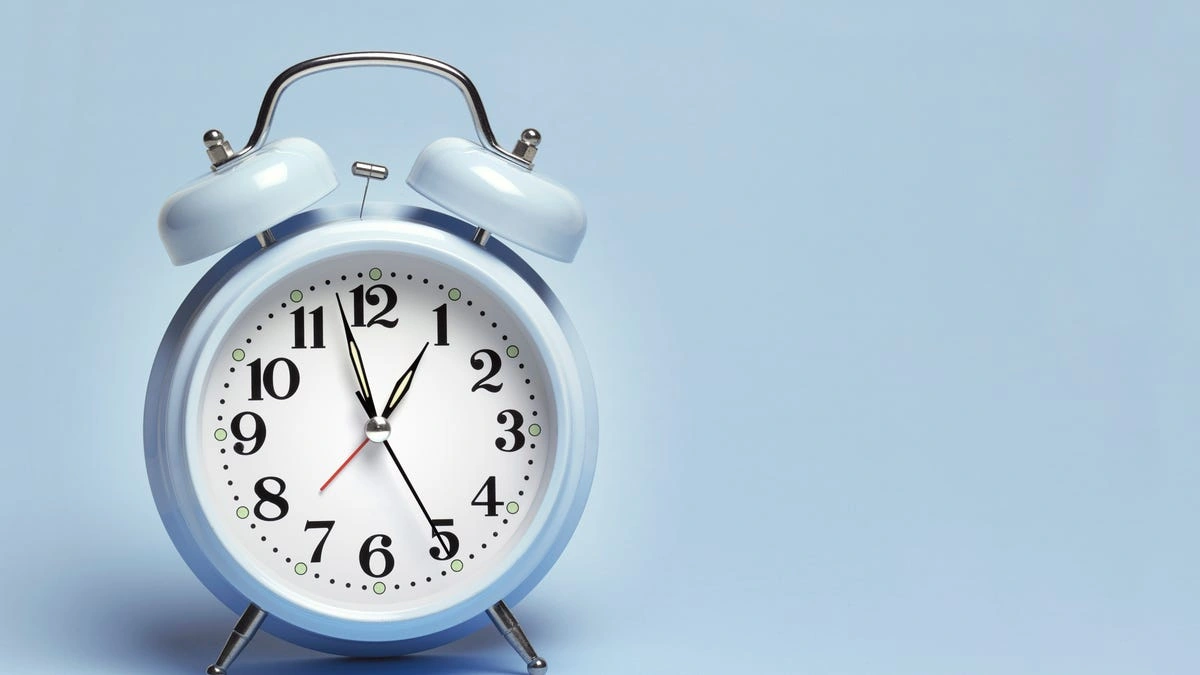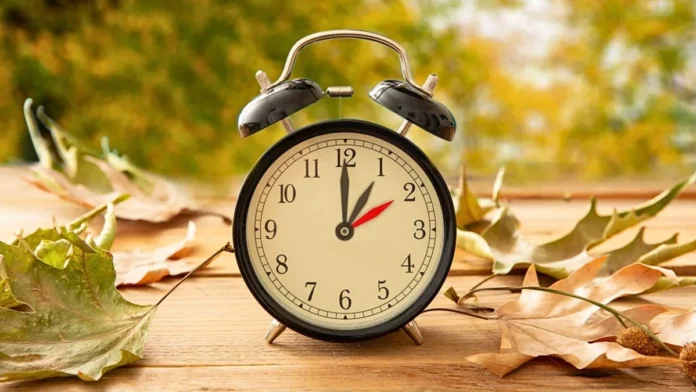Ah, the time change . That twice-a-year ritual where we collectively grumble about losing an hour of sleep (or gaining one!) and then promptly forget about it until the next round. But here’s the thing: it’s not just about adjusting our clocks; it’s about the ripple effects throughout our lives, our health, and even our economy. What fascinates me is how deeply ingrained this seemingly simple adjustment is in our society, and yet how little we understand its true impact. Let’s dive in, shall we?
The “Why”: Unpacking the Reasons Behind Daylight Saving Time

So, why do we even bother with this whole daylight saving time (DST) charade? The usual story goes something like this: farmers need more daylight hours. But, let’s be honest, that’s a bit of a myth. The real reason is a little more nuanced and has roots in World War I. The initial idea was to conserve energy by shifting daylight hours to better align with when people are awake and active. But, and this is a big but, does it actually work? That’s where things get interesting.
Studies on the actual energy savings are mixed, to say the least. Some suggest a marginal decrease, while others point to an increase in energy consumption due to factors like increased evening use of appliances. What’s more, the disruption to our natural circadian rhythm has been linked to a range of health issues, from sleep deprivation to increased risk of heart attacks. It’s a bit of a trade-off, isn’t it?
And it’s not uniform across the country either! Arizona (except for the Navajo Nation) and Hawaii don’t observe DST. Why? Because they’re already blessed with plenty of sunlight year-round. It makes you wonder if a one-size-fits-all approach really makes sense.
The Health Impact | More Than Just a Sleepy Monday
Let’s talk about the real cost of this spring forward fall back business: our health. That one-hour shift might seem minor, but it throws our internal clocks into disarray. Sleep disruption is a major consequence. Think about it – our bodies are finely tuned machines, and suddenly jolting them forward or backward an hour messes with everything from our sleep patterns to our hormone levels.
A common mistake I see people make is underestimating the impact of even a small amount of sleep loss. It’s not just about feeling tired; it can affect your mood, your cognitive function, and even your immune system. Plus, studies have linked DST to a higher incidence of heart attacks and strokes in the days following the time change . That’s not exactly a ringing endorsement, is it?
What fascinates me is the adaptability of the human body. Most of us adjust within a week or two, but for some people, especially those with pre-existing sleep disorders, the effects can linger much longer. And for the elderly, it might cause major changes in their routines.
Economic Implications: Does Daylight Saving Time Save Money?
Remember that whole energy conservation thing? Well, the economic benefits of DST are also hotly debated. While some argue that it boosts retail sales and outdoor activities, others contend that the costs outweigh the benefits. The need for light is an important factor to note. For example, some studies suggest that the costs far outweigh the supposed economic gains, especially when considering the lost productivity due to sleep deprivation and health-related issues. As per this , the actual economics are not really clear.
The airline industry is particularly affected, as schedules need to be adjusted to account for the time change . There are also costs associated with updating software and systems that rely on accurate timekeeping. It’s a complex web of interconnected factors that make it difficult to definitively say whether DST is a net economic positive or negative. The change also impacts international stock exchanges .
Here’s the thing: even if there are some economic benefits, are they worth the potential health risks? That’s the question we need to be asking.
The Push for Change: Is Permanent Standard Time the Answer?
There’s a growing movement to ditch the time change altogether and stick to either permanent standard time or permanent DST. But which one is the better option? Many experts argue that permanent standard time is the way to go, aligning more closely with our natural circadian rhythm and promoting better health outcomes. The health benefits are a key consideration.
Permanent DST, on the other hand, would mean darker mornings in the winter, which could be problematic for school children and those who have to commute early. It’s a political hot potato, with various states and countries considering or already implementing changes. But the debate continues.
Let me rephrase that for clarity: the debate isn’t just about convenience; it’s about prioritizing our health and well-being. And that’s something we should all be paying attention to.
FAQ: Your Time Change Questions Answered
Frequently Asked Questions
What is daylight saving time?
It’s the practice of advancing clocks during summer months to make better use of daylight.
Why do we have daylight saving time?
Originally, it was intended to save energy, but its effectiveness is debated.
When does the time change occur in the US?
It begins on the second Sunday in March and ends on the first Sunday in November.
What are the potential health effects of the time change?
It can disrupt sleep patterns, affecting mood, cognitive function, and potentially increasing heart attack risk.
What is standard time?
Standard time is the time observed during the portion of the year when daylight saving time is not in use.
Is there a movement to end the time change?
Yes, there’s a growing movement to adopt permanent standard time or permanent daylight saving time .
So, the next time you’re grumbling about setting your clocks, remember that it’s more than just a minor inconvenience. It’s a complex issue with far-reaching implications for our health, our economy, and our way of life. And maybe, just maybe, it’s time for a change. You can find more details on Wikipedia .

